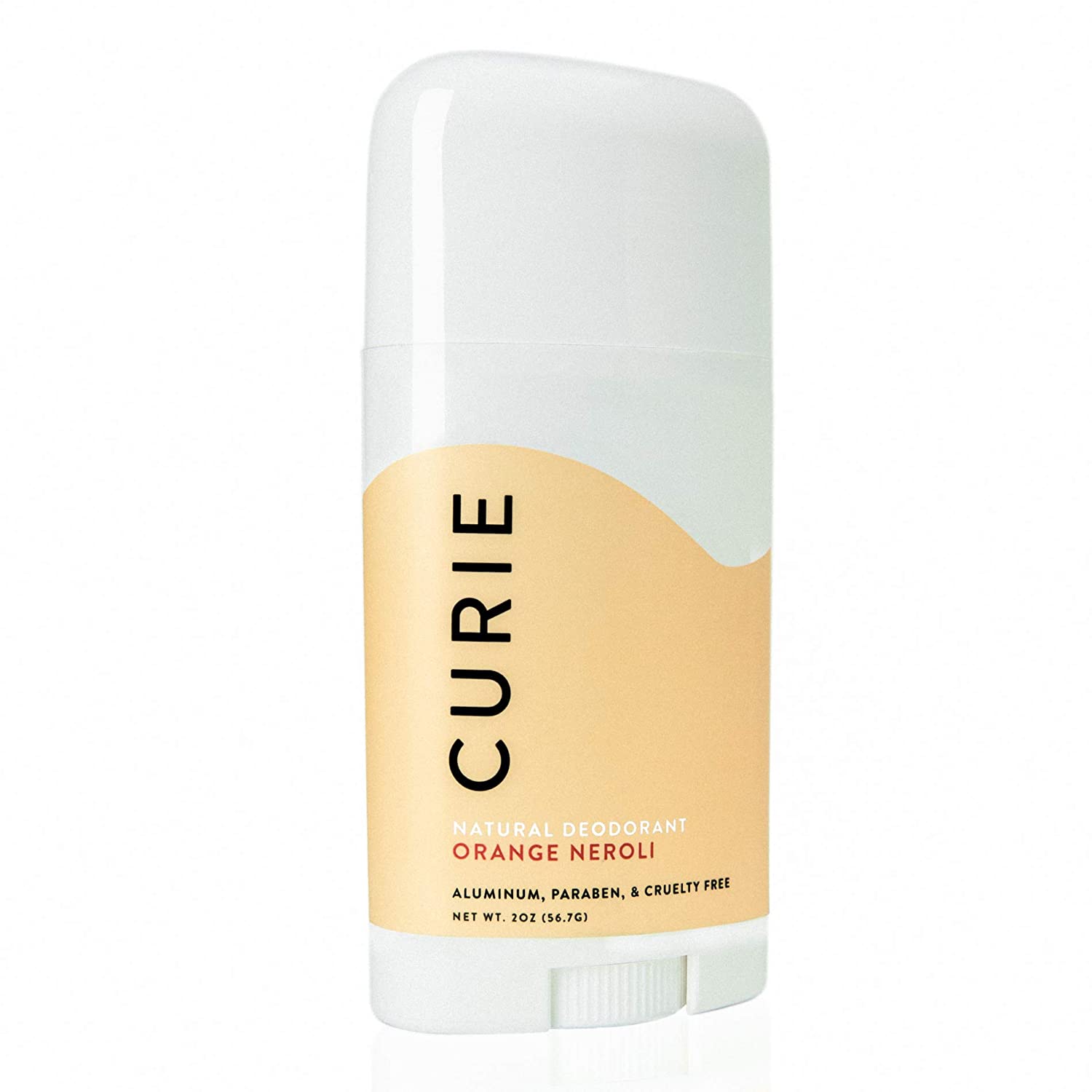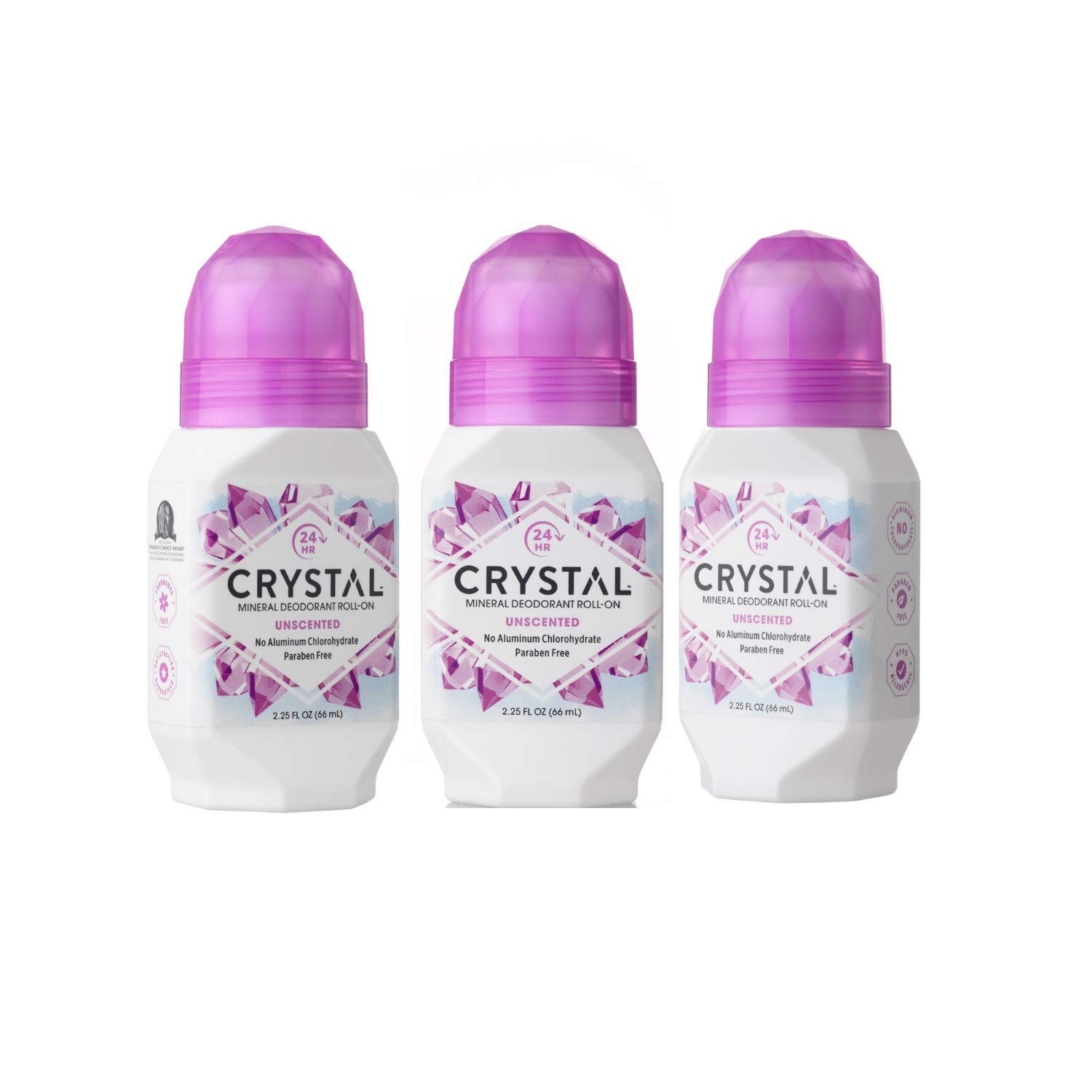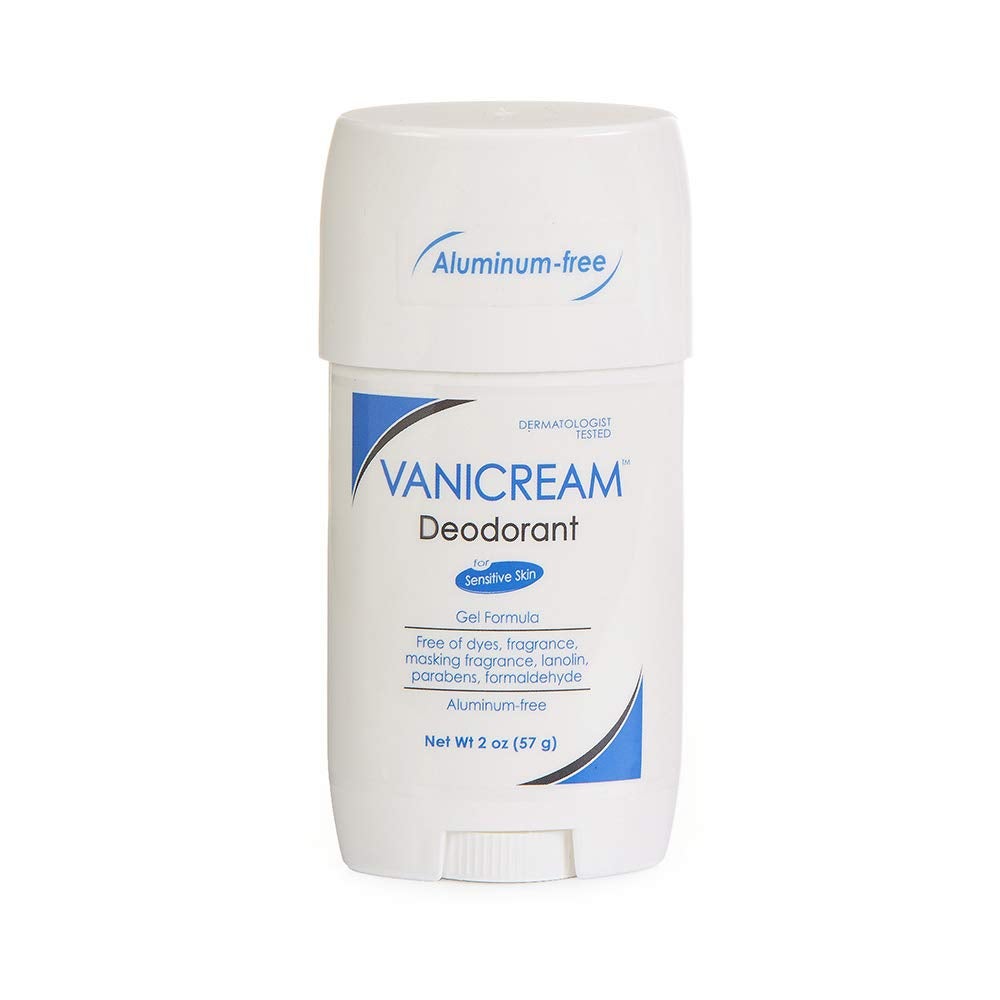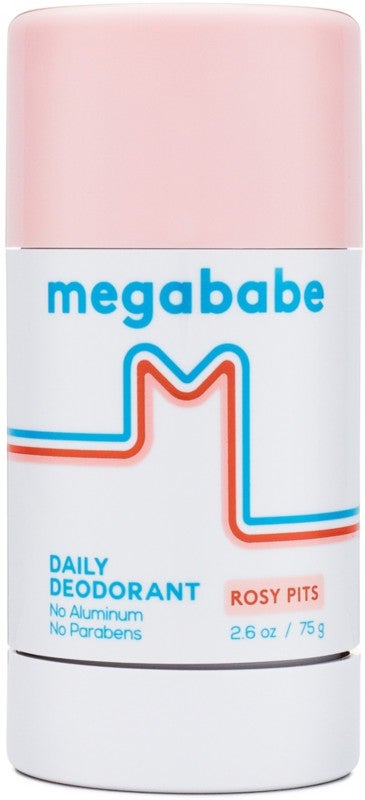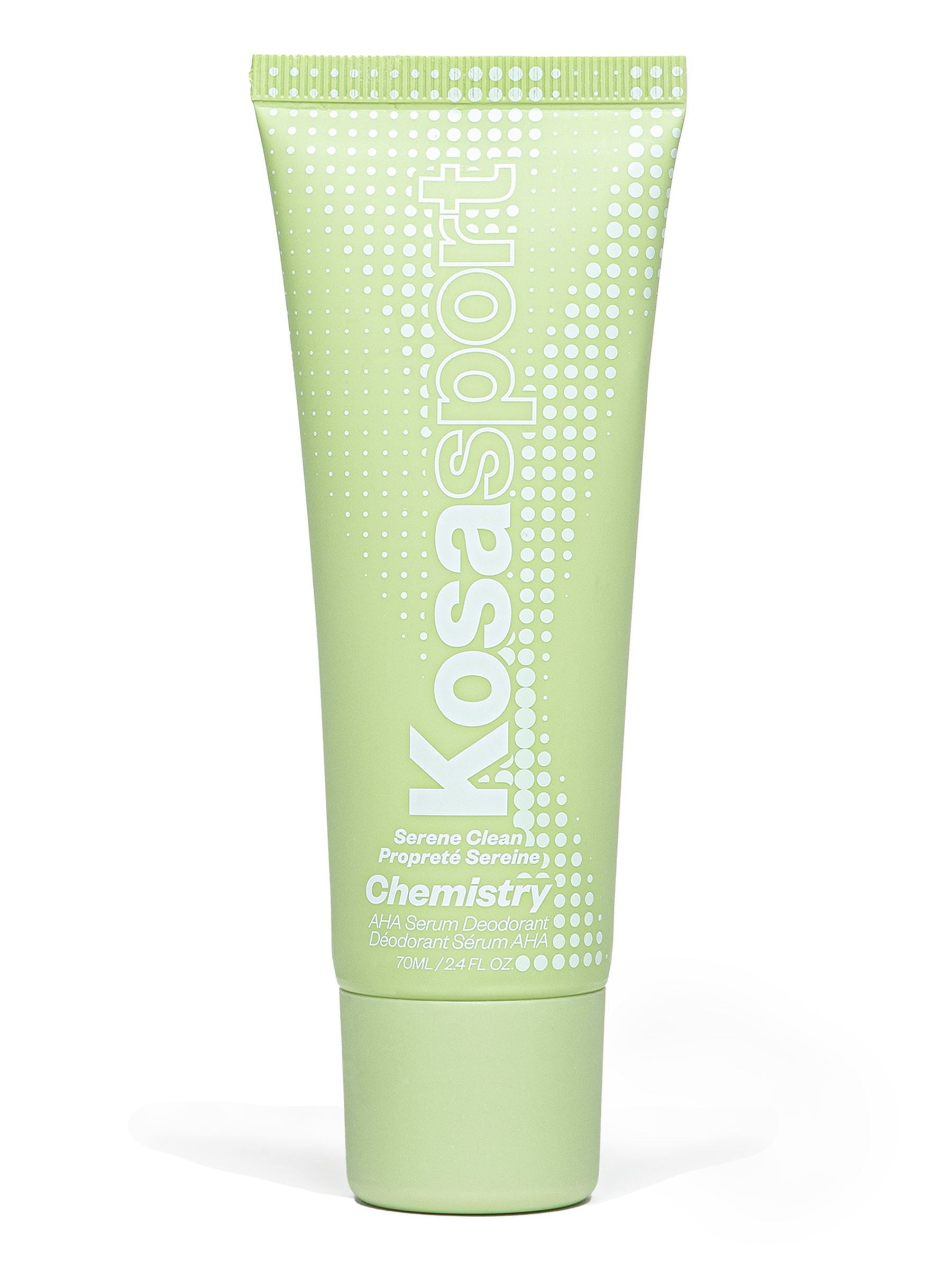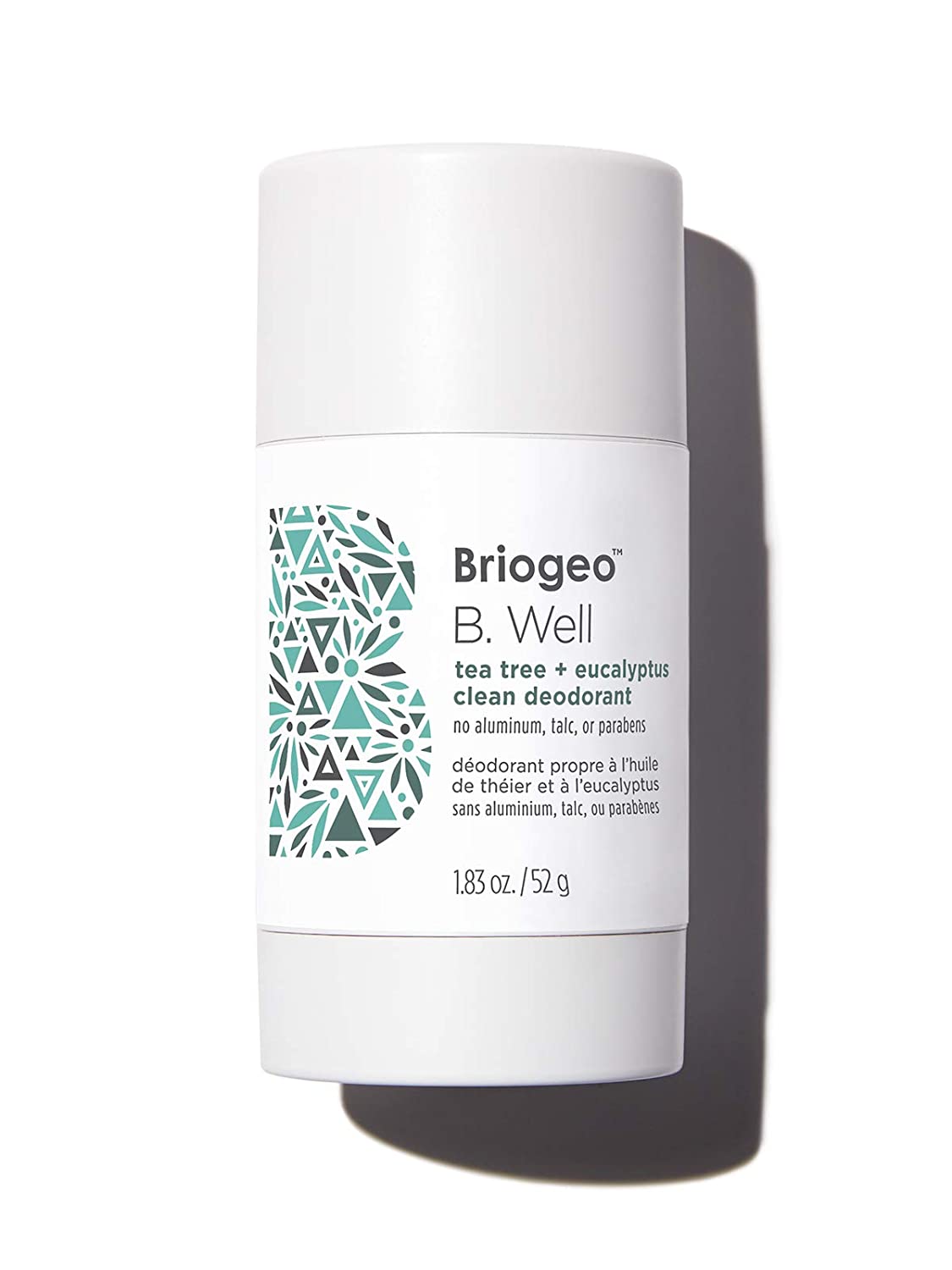Everything You Need To Know About Choosing A Deodorant
Photo: Melodie Jeng/Getty Images.
For a long time, most people judged their deodorant on two key factors: the scent (be it lavender or eucalyptus) and its ability to make armpit wetness a nonissue. You'd grab a drugstore speed stick with 48-hour sweat protection that checked both boxes and be on your way. But now, you're faced with a new question resulting from an increased awareness of what's actually in your products: Is that deodorant aluminum-free?
You've probably heard the allegations linking aluminum salts, the sweat-blocking agents used in traditional antiperspirant, with alarming health risks like breast cancer. While those claims have been largely disputed by The American Cancer Society, many brands have since formulated aluminum-free options, which can mask B.O. but not the sweat that comes with it. The whole dilemma makes shopping for effective — and safe — pit-stain control in the heat of summer a real headache.
AdvertisementADVERTISEMENT
To help, we asked a few expert dermatologists to break it down for us. Ahead, they gave us the plain and simple answers to the most commonly-pondered natural deodorant vs. antiperspirant questions and concerns.
Why are people so concerned by conventional antiperspirant?
Hadley King, MD, a board-certified dermatologist, explains that the rampant concern about sweat-blocking agents as potentially dangerous (despite the lack of conclusive evidence) comes as a result of the recent movement towards cleaner labels for the beauty industry at large. "There is definitely a 'natural' beauty trend happening right now, and it includes forgoing conventional, aluminum-containing antiperspirant or deodorants for cleaner options," Dr. King says. "While there is no data showing that ingredients in deodorants or antiperspirants result in breast cancer — as many headlines propose — some health concerns have been raised about conventional deodorant ingredients, such as propylene glycol, triclosan, parabens, and aluminum."
To that end, it's more than just aluminum that proponents of natural deodorant are seeking to avoid. "Propylene glycol is an additive used to help keep substances, like deodorant paste, from drying out, but if sufficient quantities are absorbed, it has been linked to liver and kidney damage," Dr. King says. "Some studies have linked triclosan to a number of different health problems, including disruption of the endocrine system and increased risk of cancer. Parabens mimic the effects of estrogen in our bodies, so concerns have been raised about the possible hormonal effects of absorption." She continues: "Then, of course, aluminum has been linked to both breast cancer and Alzheimer's disease — and while there's no empirical scientific data to support the legitimacy of either claim, these concerns are something that people are aware of."
AdvertisementADVERTISEMENT
What's the real difference between antiperspirant and natural deodorant?
Simply put, the key difference between antiperspirant and natural deodorant is sweat. "Antiperspirants actually stop the formation of sweat and perspiration," says dermatologist Caroline Robinson, MD. "Natural or aluminum-free deodorants may have a nice fragrance, which can help mask normal bodily odors, but because they're formulated without the use of aluminum salts, they won't stop you from sweating."
Do any natural deodorants work as well as antiperspirants?
Switching your antiperspirant for a natural deodorant is easier said than done, especially if you're a self-proclaimed heavy sweater and it's hot out. That said, the technology and innovation is at a place now where there are some naturally-derived ingredients that can do the job of aluminum salts — effectively preventing pit stains via moisture absorption — without the use of chemical additives or plugging up your sweat glands. Some of the trendiest deodorizers you'll find on natural labels include alcohol, baking soda, charcoal, arrowroot powder, and crystal minerals.
According to Dr. King, finding the right formula for your body can take some trial and error. "None of these ingredients block sweat ducts; rather, they work by absorbing moisture, and the efficacy of each will vary from person to person," she says. "For example, alcohol, baking soda, charcoal, and arrowroot powder contain moisture-absorbing properties and neutralize armpit odors, but the caveat is that they can dry and irritate sensitive skin. I usually recommend Crystal Deodorant because it's non-irritating and uses a zeolite mineral salt alternative to slow bacterial growth, which effectively reduces body odor."
AdvertisementADVERTISEMENT
At the end of the day, your pits won't be as dry as you might be accustomed to, but you'll smell fine (layering on a perfume might help, too), and you'll have peace of mind while science catches up — which, for many people, feels like a worthwhile trade-off.
shop 6 products
At Refinery29, we’re here to help you navigate this overwhelming world of stuff. All of our market picks are independently selected and curated by the editorial team. If you buy something we link to on our site, Refinery29 may earn commission.
AdvertisementADVERTISEMENT







